Table of Contents
- Introduction
- Taking Rejection Personally
- Reasons for Label Rejections
- Example of Successful release
- Not Taking Rejection Personally
- Rejection as a Learning Process
- Conclusion
- FAQs
Introduction
Submitting music to labels can be an exciting yet challenging process for aspiring musicians. It involves sharing your creative work with industry professionals and hoping for a positive response. However, rejection is a common occurrence in the music industry, and it is important to learn how to deal with it.
All secrets in this video summary
Taking Rejection Personally
When we are young and passionate about our music, it is easy to take rejection personally. We may feel discouraged and question our talent and abilities. However, it is essential to understand that rejection does not define our worth as artists. Labels receive numerous submissions, and their decisions are based on various factors.

Reasons for Label Rejections
There are several reasons why a label may not accept our music. It could be due to the label’s specific genre preferences, their current roster of artists, or their marketing strategies. Labels have their own vision and target audience, and sometimes our music may not align with their goals. It is crucial not to internalize the rejection and instead focus on finding the right fit for our music.

Example of Successful Release
Let’s consider an example where an artist sent out demos to multiple labels. Only two labels responded positively, showing interest in the music. Eventually, the artist signed with one of the labels, leading to a successful release and gaining recognition in the industry. This example highlights the importance of perseverance and not giving up despite facing rejection from several labels.

Not Taking Rejection Personally
It is vital to remind ourselves that rejection is not a reflection of our talent or potential. Labels have their own criteria and objectives, and sometimes our music may not align with their current needs. Instead of dwelling on the rejection, we should focus on improving our craft, exploring different opportunities, and finding the right platform to showcase our talent.

Rejection as a Learning Process
Rejection is an inevitable part of the learning process in the music industry. It allows us to grow, adapt, and refine our skills. Each rejection can provide valuable feedback and insights that help us enhance our music. By embracing rejection as a learning opportunity, we can become more resilient and determined to succeed in the competitive music industry.

Conclusion
Submitting music to labels and facing rejection can be disheartening, but it is essential to maintain a positive mindset. Rejection should not be taken personally, as it is often a result of various factors beyond our control. Instead, we should focus on continuous improvement, finding the right fit for our music, and embracing rejection as a stepping stone towards success.
FAQs
1. How can I overcome the fear of rejection when submitting music to labels?
Overcoming the fear of rejection requires a mindset shift. Remember that rejection is not a reflection of your talent or worth. Focus on the positive aspects of your music and keep improving your skills.
2. How can I find the right label for my music?
Research different labels and their genre preferences. Look for labels that align with your musical style and target audience. Networking and seeking recommendations from industry professionals can also help you find the right fit.
3. What should I do after facing rejection from a label?
Take the rejection as a learning opportunity. Analyze the feedback, if provided, and use it to improve your music. Keep submitting to other labels and explore alternative avenues to showcase your talent.
4. How can I stay motivated despite facing multiple rejections?
Stay connected with your passion for music. Surround yourself with a supportive community of fellow musicians and seek inspiration from successful artists who have faced rejection in their careers. Remember that perseverance and determination are key to achieving your goals.
5. Is it necessary to sign with a label to succeed in the music industry?
No, signing with a label is not the only path to success. With the rise of digital platforms and independent music distribution, artists can build their careers without traditional label support. Explore self-releasing, collaborations, and building a strong online presence to reach your audience.
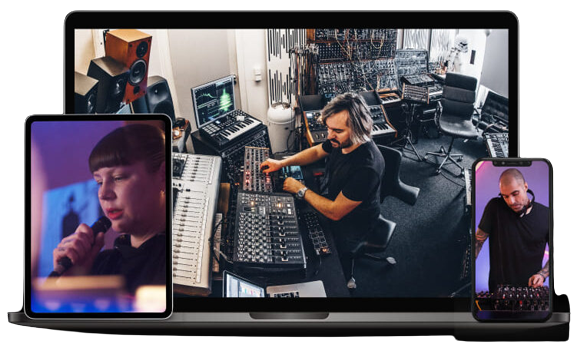
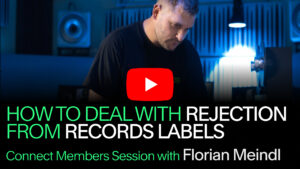

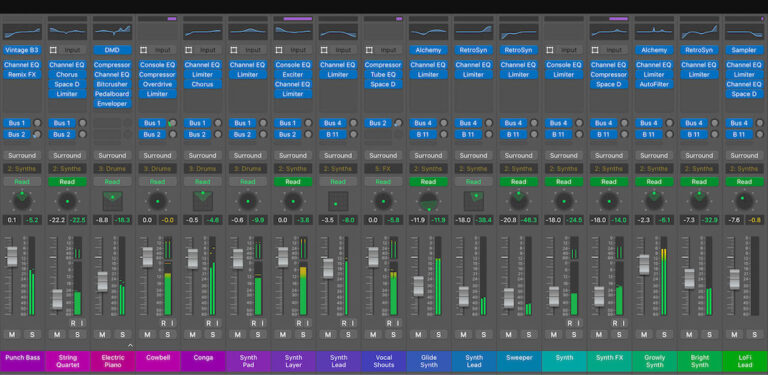
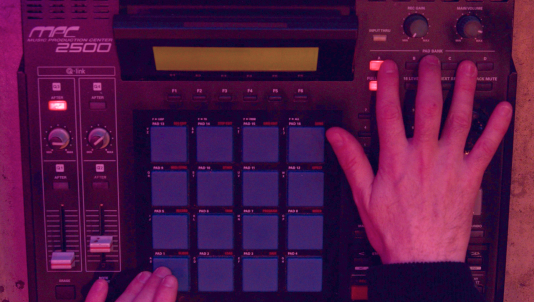

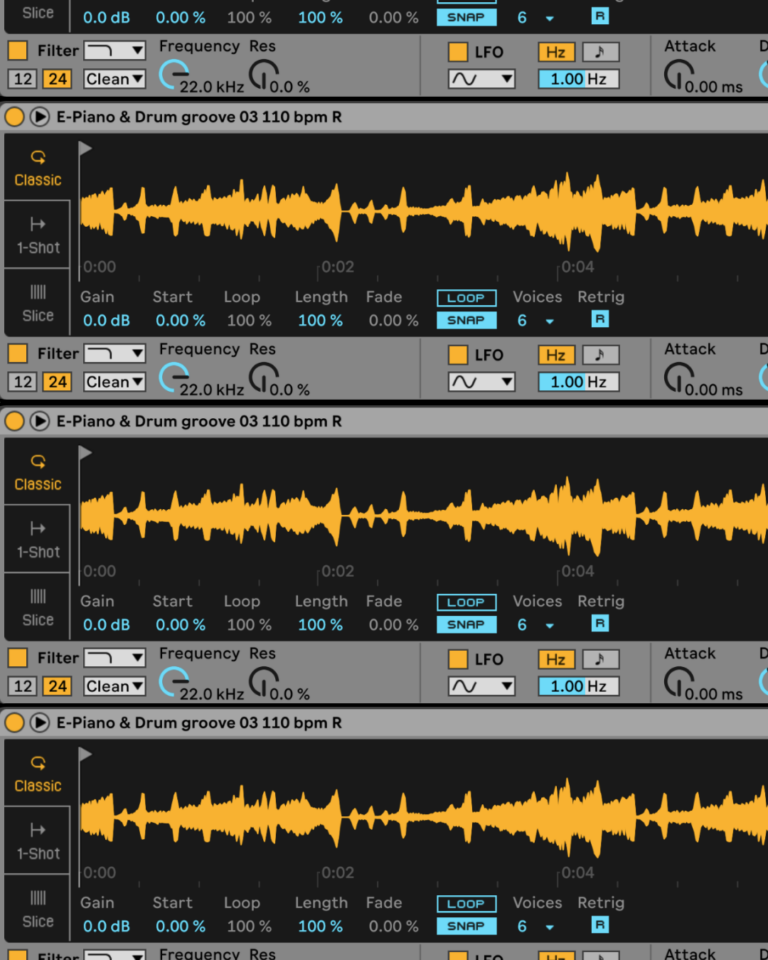
 50 Industry Music Production Tips You Must Know
50 Industry Music Production Tips You Must Know




